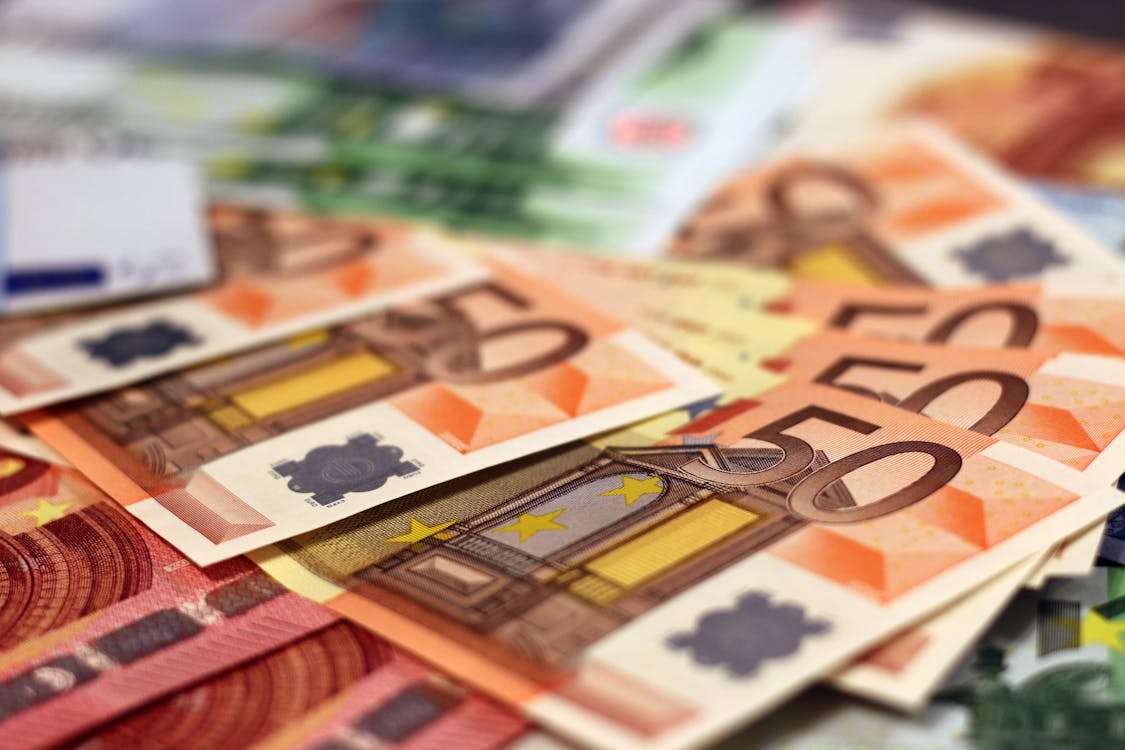
How to Navigate Banking in a New Country
How to Navigate Banking in a New Country
One of the most important aspects of settling into a new country is establishing your financial presence. Banking systems vary significantly across countries, and navigating these differences can be challenging. This guide will help you understand the essentials of setting up and managing your finances abroad.
Understanding the Local Banking System
Before you arrive, research the banking structure in your destination country:
- Types of banks: Commercial banks, credit unions, online-only banks
- Banking hours: Many countries don’t offer weekend banking
- Common account types: Checking (current), savings, joint accounts
- Banking fees: Monthly maintenance, ATM withdrawals, transfers
- Digital banking availability: Mobile apps, online banking features
Documentation You’ll Need
Most countries require substantial documentation to open a bank account. Prepare these in advance:
- Passport and visa/residence permit
- Proof of address in your new country (rental agreement, utility bill)
- Reference letter from your current bank (helpful but not always required)
- Employment contract or student enrollment documents
- Tax identification number (if applicable)
In some countries, you may need a local phone number before opening an account, creating a catch-22 situation since many phone plans require a bank account. Research whether prepaid options are available to overcome this initial hurdle.
Choosing the Right Bank
Consider these factors when selecting a bank:
- International presence: Banks with global operations might offer easier account setup for newcomers
- English-speaking staff: Especially important if you’re not fluent in the local language
- Newcomer-friendly products: Some banks offer special packages for immigrants
- ATM network: Ensure convenient access to cash
- International transfer fees: Important if you’ll be moving money between countries
Managing Currency Exchange
You’ll likely need to convert currency, especially in the beginning:
- Compare exchange rates between banks, specialized forex services, and online platforms
- Be aware of hidden fees in the exchange rate spread
- Consider multi-currency accounts if you’ll regularly use different currencies
- Set up exchange rate alerts to transfer money when rates are favorable
Building Credit History
In many countries, your credit history doesn’t transfer internationally. To build credit in your new country:
- Apply for a secured credit card if you don’t qualify for a standard one
- Pay bills on time, including rent and utilities
- Keep credit utilization low
- Consider credit-builder loans if available
- Check if your bank offers newcomer credit programs
Digital Banking Considerations
Mobile and online banking can vary significantly between countries:
- Security protocols (some countries use physical tokens or card readers)
- Payment systems (different from what you’re used to)
- Mobile payment adoption rates
- Availability of international banking apps
Protecting Your Finances
Take these steps to safeguard your money:
- Understand the local deposit insurance scheme
- Be aware of common banking scams in your new country
- Set up fraud alerts
- Keep emergency funds accessible
Conclusion
Setting up banking in a new country requires research and patience, but having a proper financial foundation is essential for a successful transition. Start the process early, ask plenty of questions, and don’t hesitate to seek help from banking professionals familiar with serving immigrants or international clients.
Need more personalized guidance on banking and other aspects of your move? Create your free AfterVisa checklist today for step-by-step assistance tailored to your destination country.